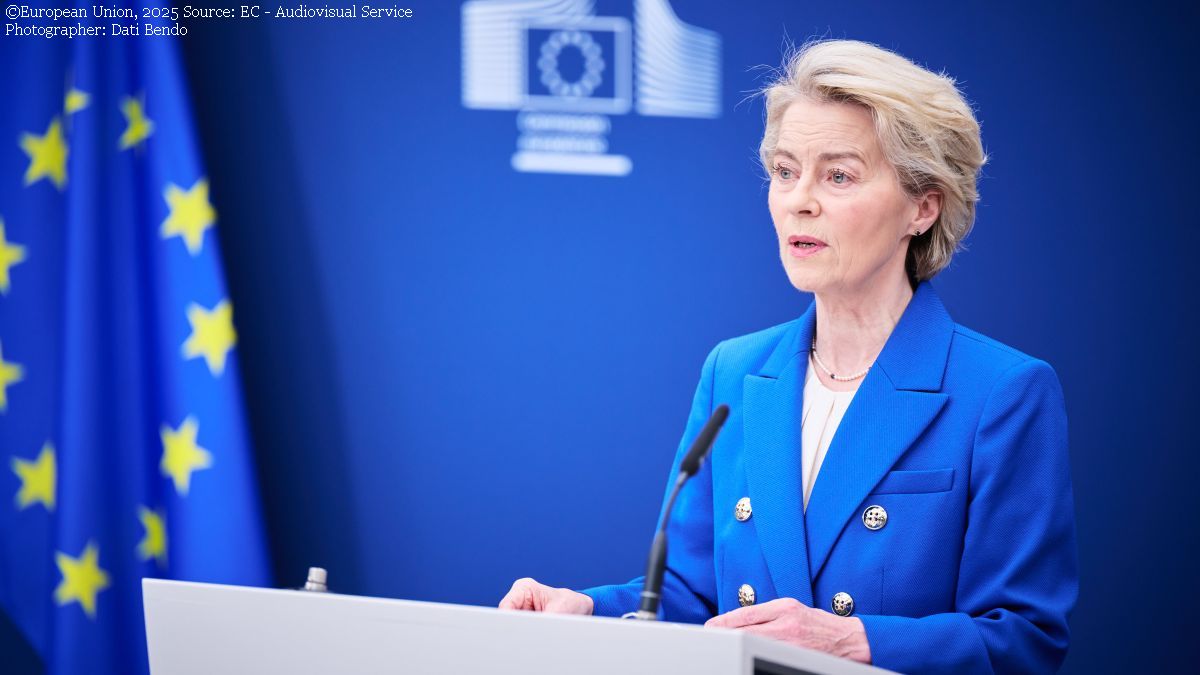Reactions to Parliament’s political declaration
Romanias Parliament has adopted a declaration proclaiming its supremacy over all the other public institutions. Was this declaration necessary? Its critics say no.
Warning: Trying to access array offset on null in /home/web/rri.ro/public/wp-content/themes/rri/template-parts/content.php on line 53

Warning: Trying to access array offset on null in /home/web/rri.ro/public/wp-content/themes/rri/template-parts/content.php on line 98
Ştefan Stoica,
09.03.2017, 13:54
The parliamentary majority formed by the Social Democratic Party and the Alliance of Liberals and Democrats will neither forget, nor forgive. Last month, after massive street protests and criticism from the president and the main judicial institutions, the majority voted alongside the opposition to repeal an infamous government order easing the anti-corruption legislation.
On Wednesday, however, the same majority adopted a declaration affirming the role of Parliament as a central institution of democracy and denouncing what it sees as the undermining of this role by the institutions that had criticised the government’s actions. Senate speaker Calin Popescu Tariceanu is the initiator of the declaration.
Calin Popescu Tariceanu: “The Parliament of Romania deems as unconstitutional and unacceptable the judgments passed by the president of Romania, the Superior Council of Magistracy and representatives of the public ministry on the government’s decisions and actions. Such behaviour undermines in an illegal and abusive manner Parliament’s exclusive right to hold the government accountable in keeping with the law and the two chambers’ regulations of its activity.”
The Liberal MP Catalin Predoiu says the declaration does not help consolidate Parliament’s role and credibility.
Catalin Predoiu: “What we can immediately see from this document is intolerance against a different state power, namely the judiciary, and the fight for supremacy with the institution of the president.”
The People’s Movement Party and the Save Romania Union have also criticised the document saying Parliament does not need a declaration to carry out its responsibilities. Parliament is the result of the pluralism in society and the authoritarianism implied by the declaration is profoundly dangerous, the opposition argues.
Targeted directly, president Klaus Iohannis has reacted by saying the political declaration adopted by Parliament may be considered a form of pressure and a worrying sign about how Parliament interacts with the other state institutions. A press release from the president notes that the declaration threatens the principle of loyal cooperation between the institutions using as a pretext a piece of legislation that had been adopted by the government without legislative delegation from Parliament and at odds with civil society.
The president’s statement also recalls that, under the Constitution, the head of state is just as legitimate and representative as Parliament and is therefore a voice for the interests of society, so the positions expressed by the president are far from being personal opinions but fulfill the president’s role as a representative. Klaus Iohannis said in his statement that he would continue to exercise all his constitutional prerogatives.






























